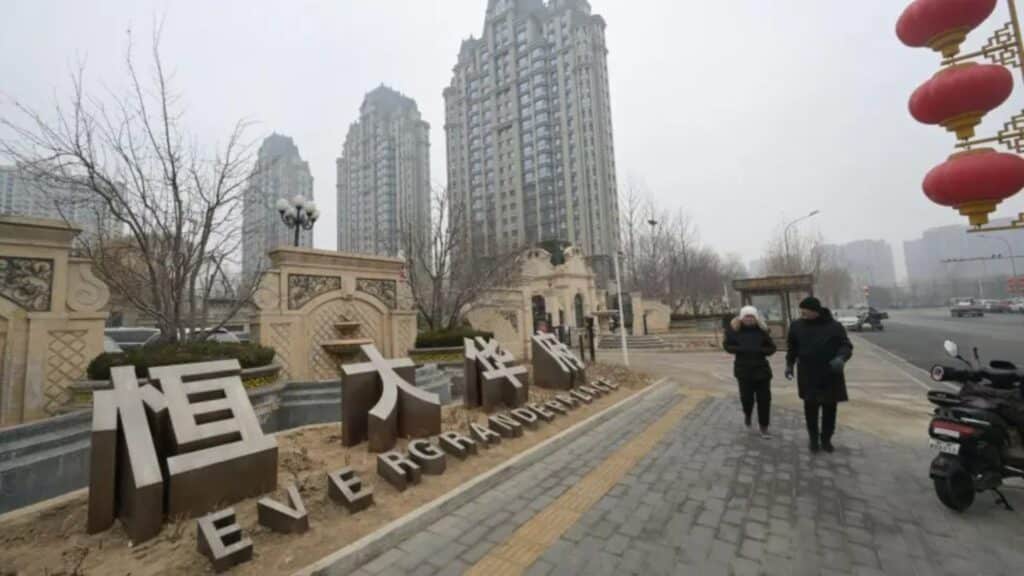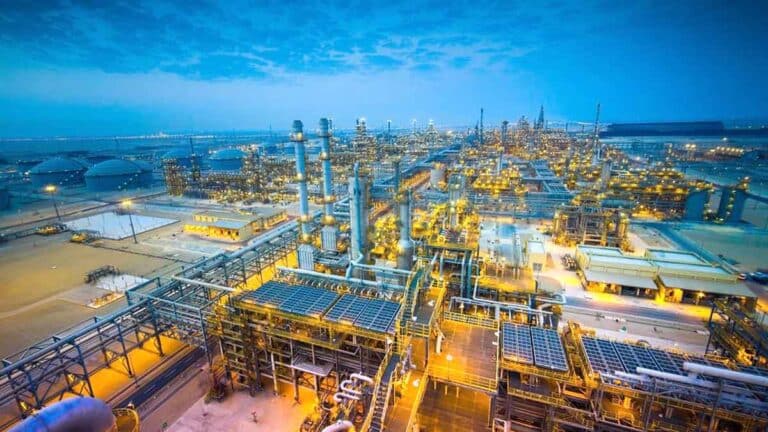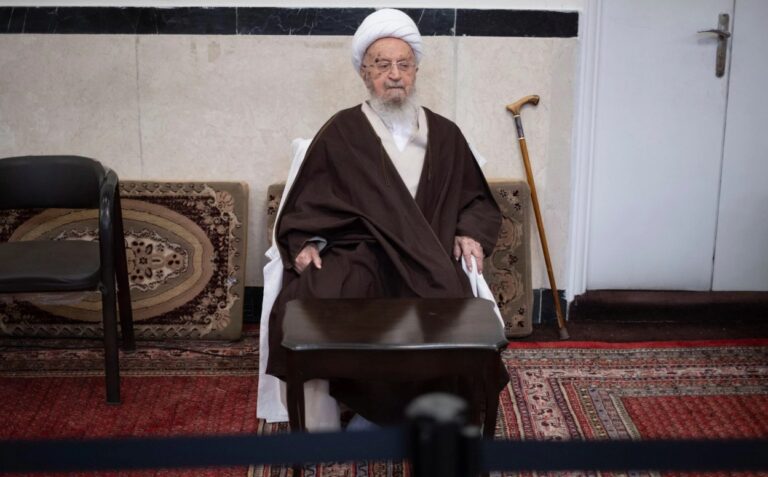
Chinese property giant Evergrande was formally delisted from the Hong Kong Stock Exchange on Monday, marking the end of a turbulent 15-year run for what was once the country’s largest real estate company.
At its peak, Evergrande was valued at more than $50 bn, but it collapsed under debts exceeding $300 bn, becoming the world’s most indebted property developer. The firm’s fall triggered a sector-wide crisis that continues to weigh heavily on China’s economy.
Evergrande’s founder Hui Ka Yan, once Asia’s richest man, has seen his fortune shrink from $45 bn in 2017 to under $1 bn. He has been fined and banned from China’s capital markets for life after regulators found the company overstated revenues by $78 bn.
The company’s sprawling empire included housing projects in more than 280 cities, an electric car unit, and Guangzhou FC, once China’s most successful football club, which was expelled from the league earlier this year.
Experts say the delisting was inevitable after a Hong Kong court ordered the firm’s liquidation in January 2024. Liquidators have so far recovered only $255 mln in assets against $45 bn in current debts.
Evergrande’s downfall has deepened China’s property crisis, which has dragged down consumer spending, erased household savings, and forced mass layoffs across the construction sector. Real estate once made up nearly a third of China’s economy, but demand has slumped, and housing prices have fallen by at least 30%.
Beijing has rolled out stimulus measures, from housing incentives to support for electric cars, yet analysts warn a strong recovery is unlikely. Goldman Sachs expects Chinese property prices to keep falling until 2027, while experts say more major developers face collapse.
The next liquidation hearing for Evergrande is scheduled for September.
Kursiv Uzbekistan also reports that Uzbekistan directed 273.4 trln soums ($22.12 bn) into fixed capital investment during January to June 2025, covering all areas of economic and social development, according to the National Statistics Committee.













